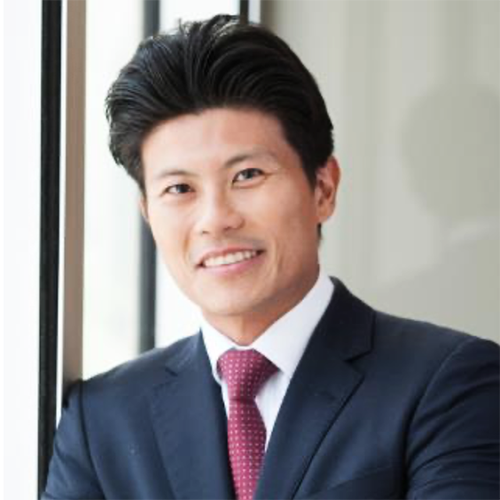Beyond causing massive disruptions to the way people live, Covid-19 has presented in stark terms the reality of our mortality. For a number of wealthy Asian families, it has brought to fore the matter of business succession, wealth transfer and inheritance.
An unprecedented amount of wealth in the region is set to be transferred to the next generation over the coming years. And the health crisis has lent urgency to these questions.
“In view of the pandemic, we have noticed our UHNW (ultra high net worth) clients looking more carefully at their wills, trusts and other structures for family succession, as they are reminded of their own mortality,” says Edmund Leow, senior partner at Singapore law firm Dentons Rodyk.
Vikna Rajah, head of tax, trust and private clients at Singapore-based law firm Rajah & Tann, concurs: “Yes, Covid-19 has gotten people to reflect on their own mortality and given them the time to spend on succession planning. Further, in jurisdictions such as [the United Kingdom and the United States], the lower valuation of some business assets (e.g., shares and real estate) has encouraged people to make gifts during this period to reduce capital gains or inheritance tax.”
Not too many people want to talk about dying, but the coronavirus has reminded everyone of the need to prepare for all contingencies. In Asia, many UHNW families are now putting into action schemes they had originally planned to implement later in the future.
Having no wealth transfer schemes in place can be costly. Years of effort and sacrifice could potentially be squandered, wealth diluted or quickly dissolved, unless a structure is in place to protect and preserve the prosperity of both the current generation and those to come.
Digital assets
In times of turbulence, gold is traditionally seen as a safe-haven asset, one that could be easily transferred to beneficiaries. But in these days of disruption, a growing number of UHNW families are thinking of accumulating digital assets, including cryptocurrencies such as Bitcoin.
Beneficiaries of wealth handover are likely to be more familiar with what is now being referred to as “digital gold”.
“I have seen a huge increase in the number of clients with digital assets such as cryptocurrencies. Our advice to them is to ensure that the details and passwords of their wallets are annexed to their will in order for their executors to be able to access those assets,” says Rajah.
“There is still some uncertainty on the treatment of digital tokens under trusts. In the recent Court of Appeal decision, Quoine Pte Ltd v B2C2 Ltd [2020] SGCA(I) 2, the court left it open as to whether cryptocurrencies are capable of being held on trust. We look forward to further guidance from the Singapore courts on this issue.”
Leow comments: “Some [UHNW clients] have also started looking at crypto assets. But this has raised a number of issues, ranging from how such assets should be held securely to how potential money laundering issues should be handled, and also how such assets should be taxed in various jurisdictions.”









